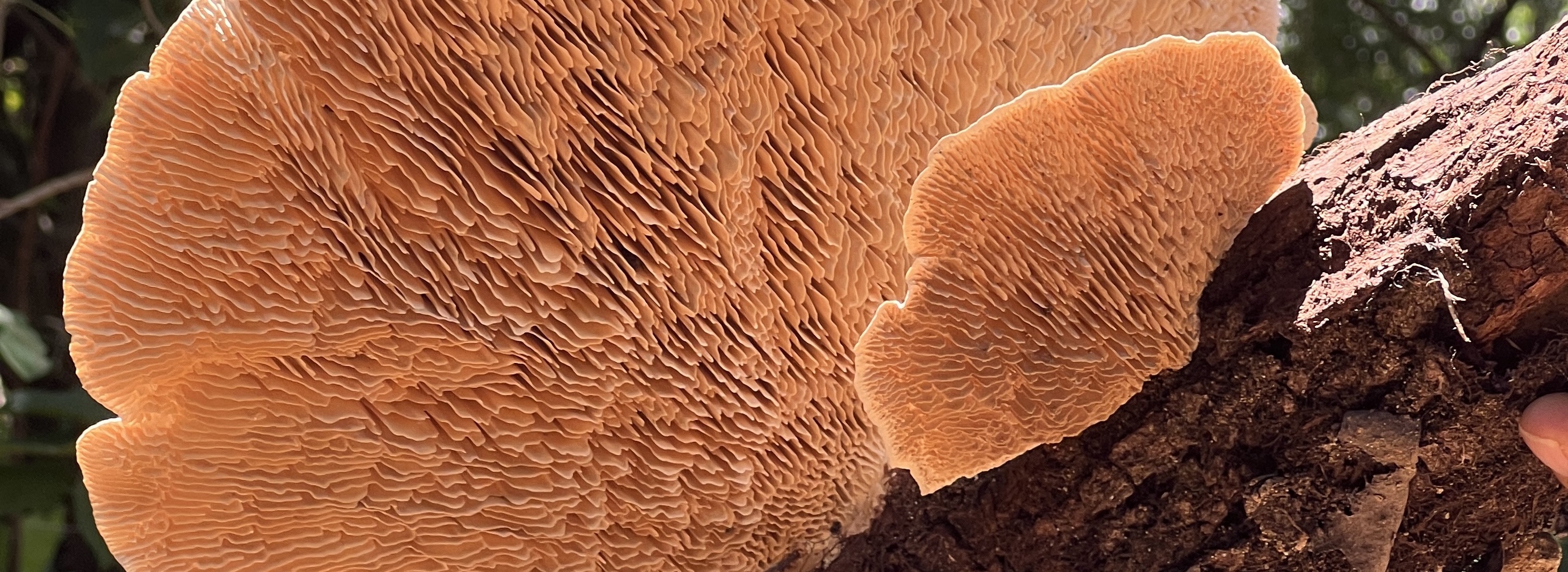
Monteverde Institute: Tropical Ecology and Conservation
Alternative Title
Eciton burchelli: polimorfismo de las principales sub-castas y la eficiencia de forrajeos
Files
Download Full Text (217 KB)
Publication Date
May 2009
Abstract
Due to the link between efficiency and fitness, there should be selective pressure for morphology and behavior that promotes foraging efficiency. Among social insects, selective pressures act on individuals, shaping the physical castes of a colony. The highly polymorphic army ant, Eciton burchellii, has castes with morphological adaptations to allow task specialization. This study investigates what selective pressures are acting to shape the polymorphism of the submajor caste in E. burchellii. Ants were collected to find a relationship between ant caste and the prey’s biomass, width, and length. Results show that prey width is the greatest pressure effecting transportation efficiency, and in turn, shaping the evolution of the specialized porter caste (i.e., submajor). Results also indicate that of all the castes, submajors are found to be the most morphologically different and they carry the most different sized prey. Possible explanations to Eciton’s physically exaggerated submajor caste include their outstanding need of transport efficiency and unique prey preferences.
Resumen
Este estudio investiga que presiones selectivas actúan moldeando el polimorfismo de la casta submayor en E. burchelli. Las hormigas fueron colectadas para encontrar una relación entre la casta, la biomasa, la anchura y la longitud de la presa.
Keywords
Ants--Behavior, Genetic polymorphisms, CIEE Spring 2009
Palabras claves
Hormigas--Comportamiento, Polimorfismos genéticos, CIEE Primavera 2009
Extent
6 pages
Geographic Location
San Luis (Puntarenas, Costa Rica)
Holding Location
Monteverde Institute
Language
English; Spanish
Media Type
Articles
Format
Digital Only
Identifier
M39-00521
Type
Book
Recommended Citation
Alger, Samantha, "Eciton burchellii: polymorphism of submajor caste and foraging efficiency, May 2009" (2009). Monteverde Institute: Tropical Ecology and Conservation. 38.
https://digitalcommons.usf.edu/tropical_ecology/38


